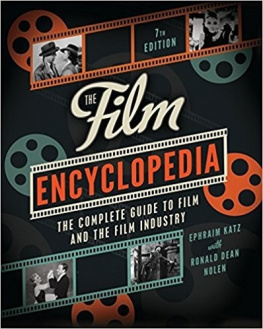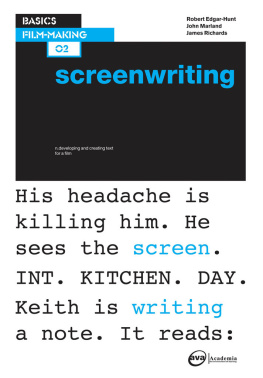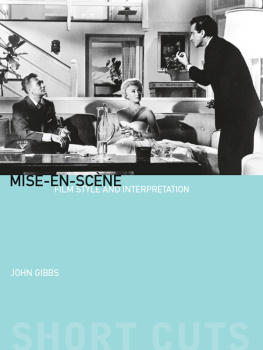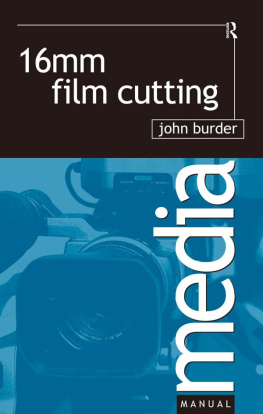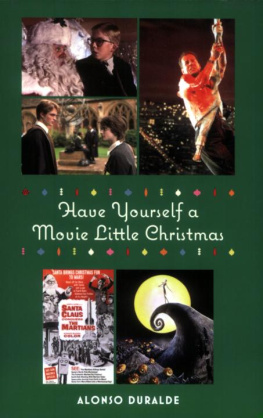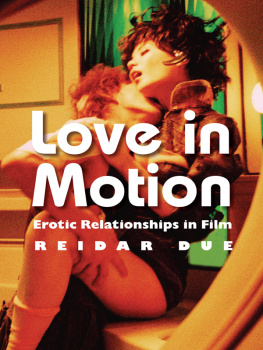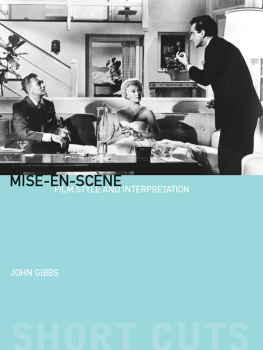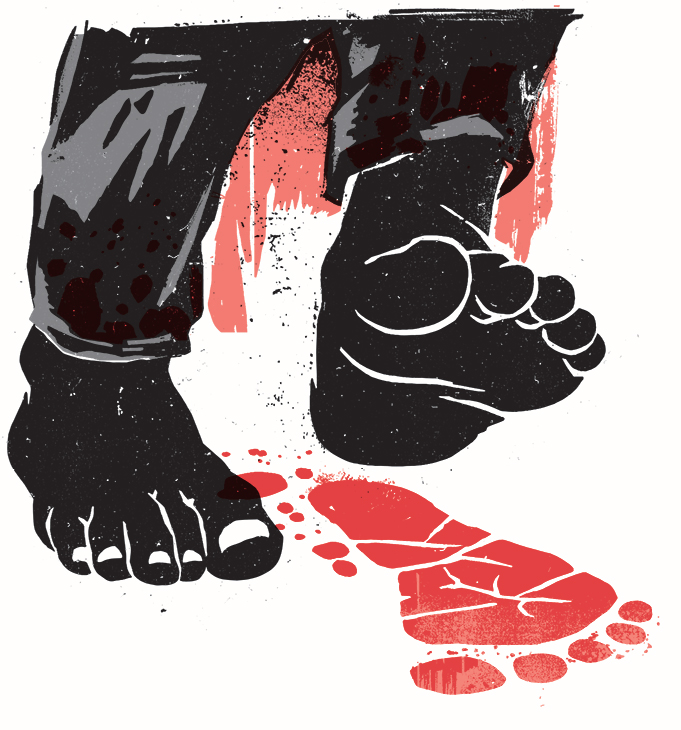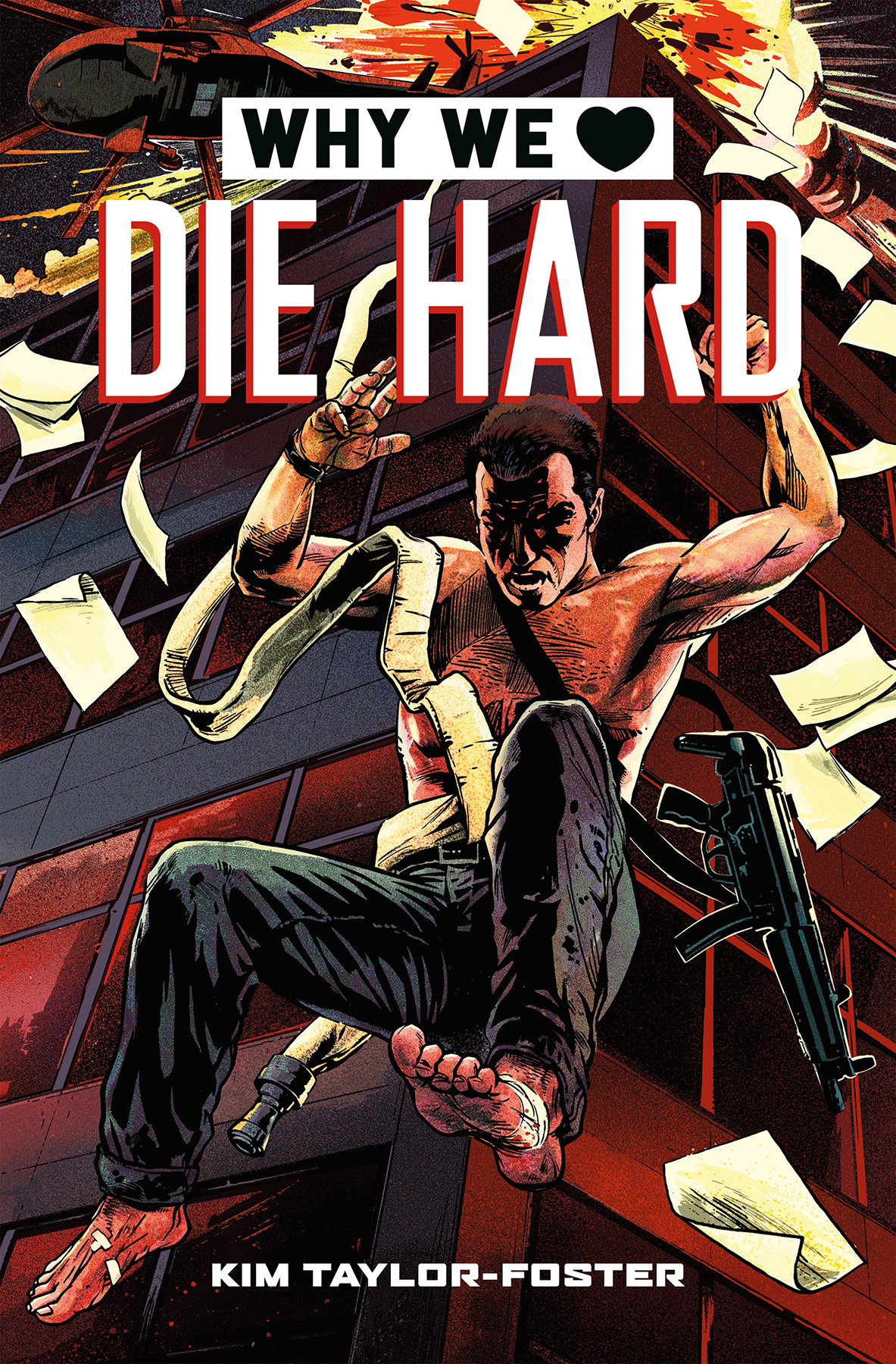
Copyright 2022 by Running Press
Interior and cover illustrations copyright 2022 by Ink Bad Company
Cover copyright 2022 by Hachette Book Group, Inc.
Hachette Book Group supports the right to free expression and the value of copyright. The purpose of copyright is to encourage writers and artists to produce the creative works that enrich our culture.
The scanning, uploading, and distribution of this book without permission is a theft of the authors intellectual property. If you would like permission to use material from the book (other than for review purposes), please contact permissions@hbgusa.com. Thank you for your support of the authors rights.
Running Press
Hachette Book Group
1290 Avenue of the Americas, New York, NY 10104
www.runningpress.com
@Running_Press
First Edition: September 2022
Published by Running Press, an imprint of Perseus Books, LLC, a subsidiary of Hachette Book Group, Inc. The Running Press name and logo is a trademark of the Hachette Book Group.
The Hachette Speakers Bureau provides a wide range of authors for speaking events. To find out more, go to www.hachettespeakersbureau.com or call (866) 376-6591.
The publisher is not responsible for websites (or their content) that are not owned by the publisher.
Library of Congress Control Number: 2021949817
ISBNs: 978-0-7624-7422-6 (hardcover), 978-0-7624-7423-3 (e-book)
E3-20220722-JV-NF-ORI
FOR MY HUSBAND, ADAM

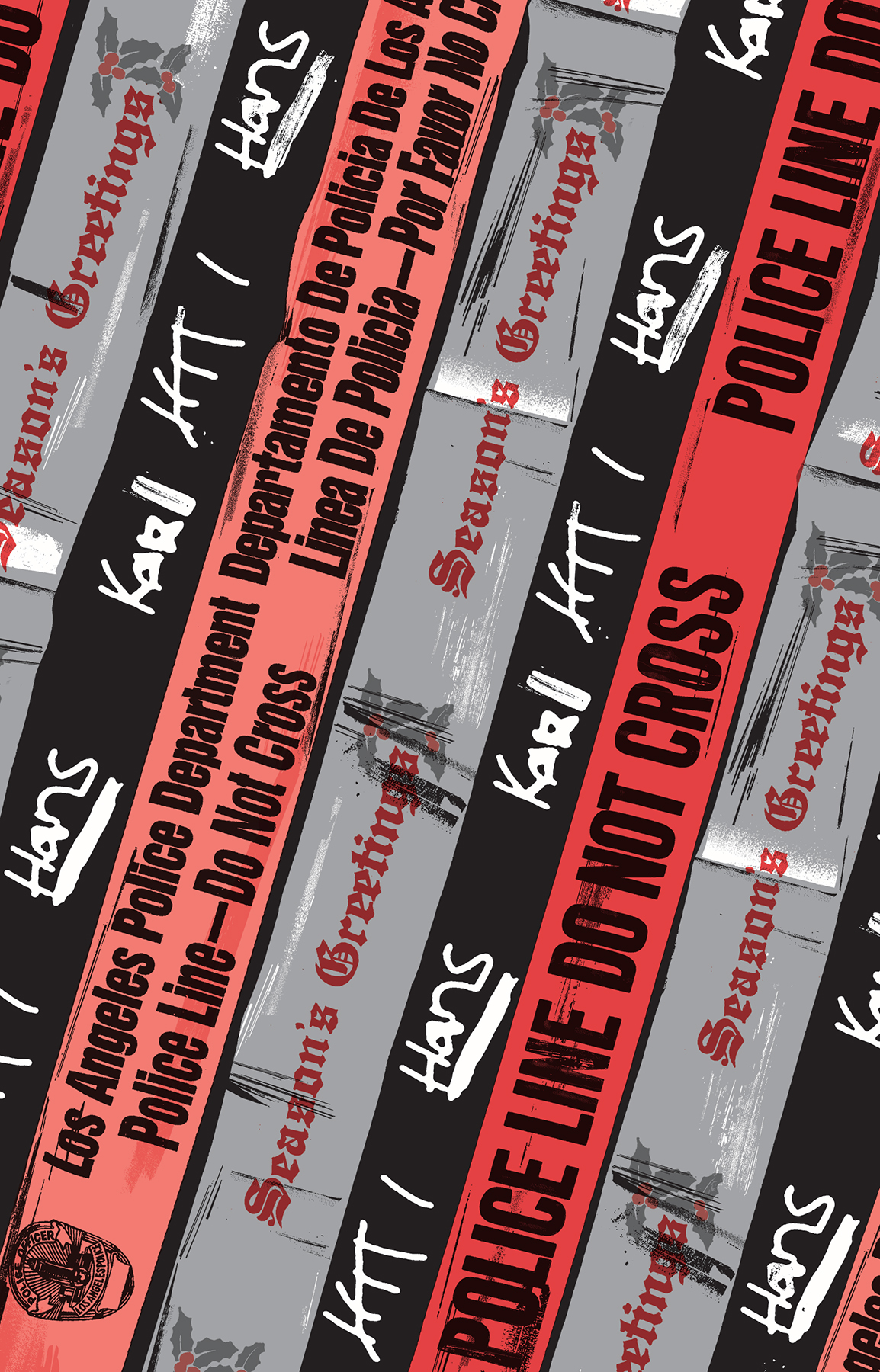
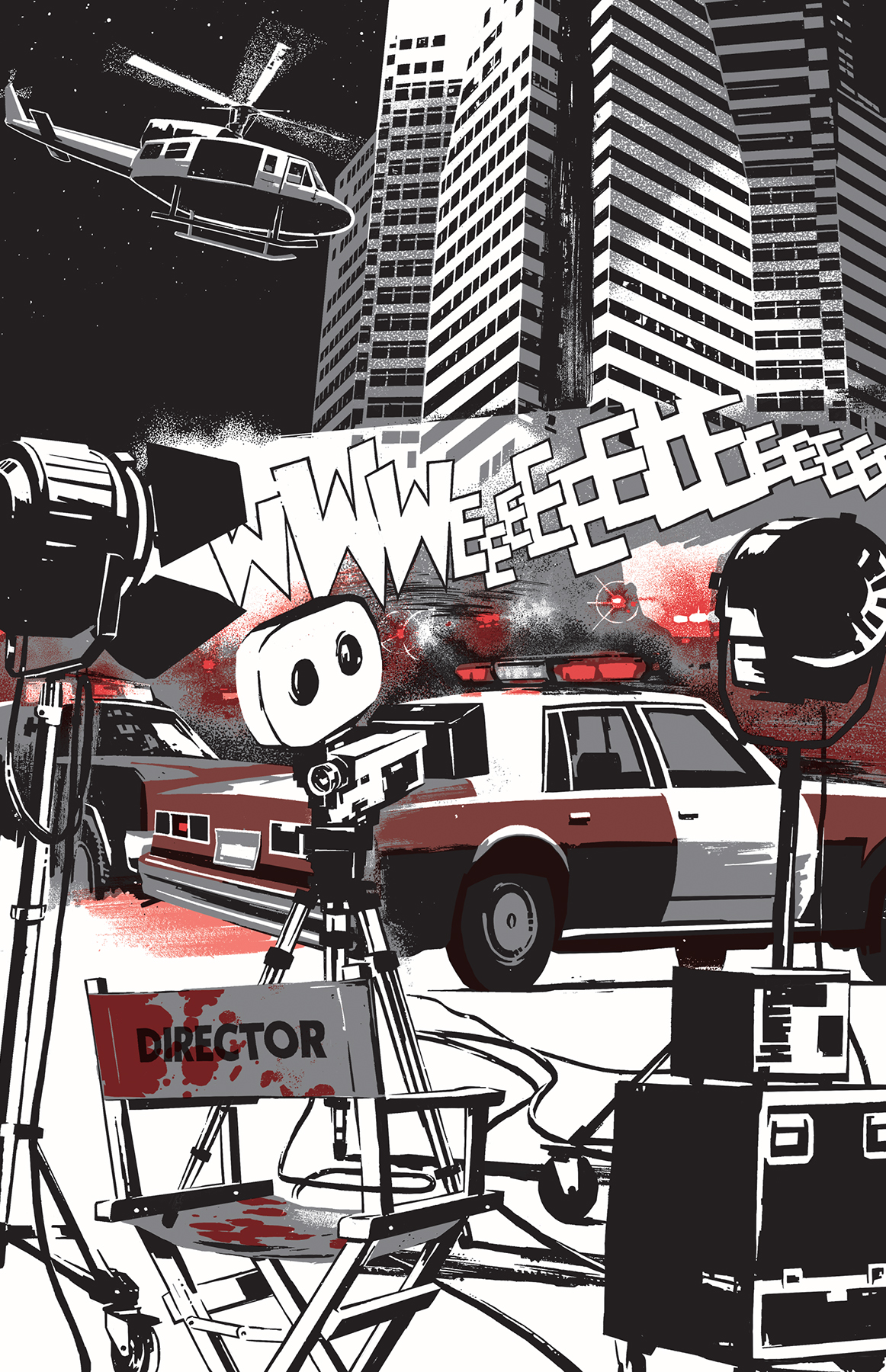
It was summer 1987. The year had so far seen buddy cop action-comedy Beverly Hills Cop charge the box office top spot for three weeks May through June, and the success of similar movies proved that audiences still liked action, but comedy was king and there was a voracious appetite for buddy cop action movies laced with humor.
THE 1987 BOX OFFICE
The latest Bond offering, The Living Daylights, hit number one for two weeks at the start of August, breaking a Bond box office record for three-day opening weekend receipts in the process. Buddy cop action-comedy Stakeout, starring Emilio Estevez and Richard Dreyfuss, would stake its claim for box office boss for five weeks after that, snagging a Top 10 position in the years biggest earners. Producer Joel Silver, meanwhile, had been toasting the success of another buddy cop actioner with comedy overtones, Lethal Weapon, earlier in the year. It, too, finished among the years top ten highest-grossing films. Three Men and a Baby was another of the years massive successes, a buddy comedy of a different sort that leaned into action with a surprisingly threatening subplot revolving around drugs.
When executives at 20th Century Fox were looking for a movie to fill their summer blockbuster-shaped hole the following year, Die Hard seemed the perfect plug. More action-heavy than other buddy cop movies, Die Hard paired the gut-punching blend of eye-popping stunts (John McClane leaping from a roof with nothing but a firehose tied around his waist) and insane violence (that close-up of the bad guys knees being shot to pieces) that audiences adored from the money-spinning Rambo franchise with the sparky dialogue of Beverly Hills Cop, injected a dose of satire, and wrapped it all up with a new kind of action hero. It was pitched as Rambo in an office building, but, of course, it would become a different beast from First Blood, the first film of the Sylvester Stallone franchise, and way more than its sequels. At the time of its release, First Blood had been criticized for a plot lacking credibility despite it being presented as a gritty action drama about the psychological effects of war and societys uncomfortable relationship with the fallout. Variety described the plot as a mess. And its follow-ups would earn labels such as silly or dumb, with First Blood Part II even collecting a clutch of Razzies.
A SHOELESS WONDER
So, if Die Hard isnt a typical dumb actioner, what is it? Well, its a family drama, a Christmas movie, a satirical buddy cop comedy, and an action thriller all in one. The movie follows reluctant hero and off-duty New York cop John McClane as he is embroiled in the terrorist-style plot of a gang attempting to rob a fortune in bearer bonds from a Japanese-owned Los Angelesbased company. All while he is simply trying to make up with his estranged wife. His efforts to procure effective outside help are met with little success and he is forced to tackle the twelve-strong gang practically single-handedly. Without shoes.
Die Hard was warmly embraced by audienceswho gave it an average A+ CinemaScore ratingand critics liked much about it, too. Dave Kehr praised John McTiernans direction, calling Jackson De Govias set design ingenious, and Roger Ebert singled out the films stunts and visual effects. How, then, did this film come to be?
ITS A FUNNY STORY
Die Hard finished the year as the seventh-highest-grossing film at the US box office, pulling in more than $83 million. It was the only action movie in the Top 10, sitting beneath six comedies: Three Men and a Baby; Crocodile Dundee II; Big; Good Morning, Vietnam; Coming to America; and Who Framed Roger Rabbit? It was also nominated for four Academy Awards in the categories of Best Editing, Best Visual Effects, Best Sound, and Best Sound Effects Editing.
The job of writing the screenplay fell into the lap of rookie screenwriter Jeb Stuart. Stuart would go on to pen the screenplays for Another 48 Hours and The Fugitive in the years following Die Hards release, but before he started on his next job he had a six-week window in which to adapt Roderick Thorps novel Nothing Lasts Forever into the film we know as Die Hard. Nothing Lasts Forever itself is inspired by the 1974 disaster movie The Towering Infernothe setting and cinematic quality of the book attest to that. However, Stuart initially struggled to find a way to adapt the story into something less bleakin the novel, the sixty-five-year-old protagonist and his forty-year-old daughter die. As fate would have it, an argument between Stuart and his wife over something incidental sparked by his working eighteen-hour days, money troubles, and associated stress gave the writer the inspiration he needed to finish his script.
At the time, he was coming home from the office to put his two young children to bed and eat before heading back to work. After leaving that particular evening of the row without reconciling with his wife, he narrowly avoided a serious road accident in which a boxed refrigerator apparently fell out of a truck ahead of him to block the lane of traffic. Unable to swerve to miss it, he plowed into it. It proved to be an empty cardboard box.


